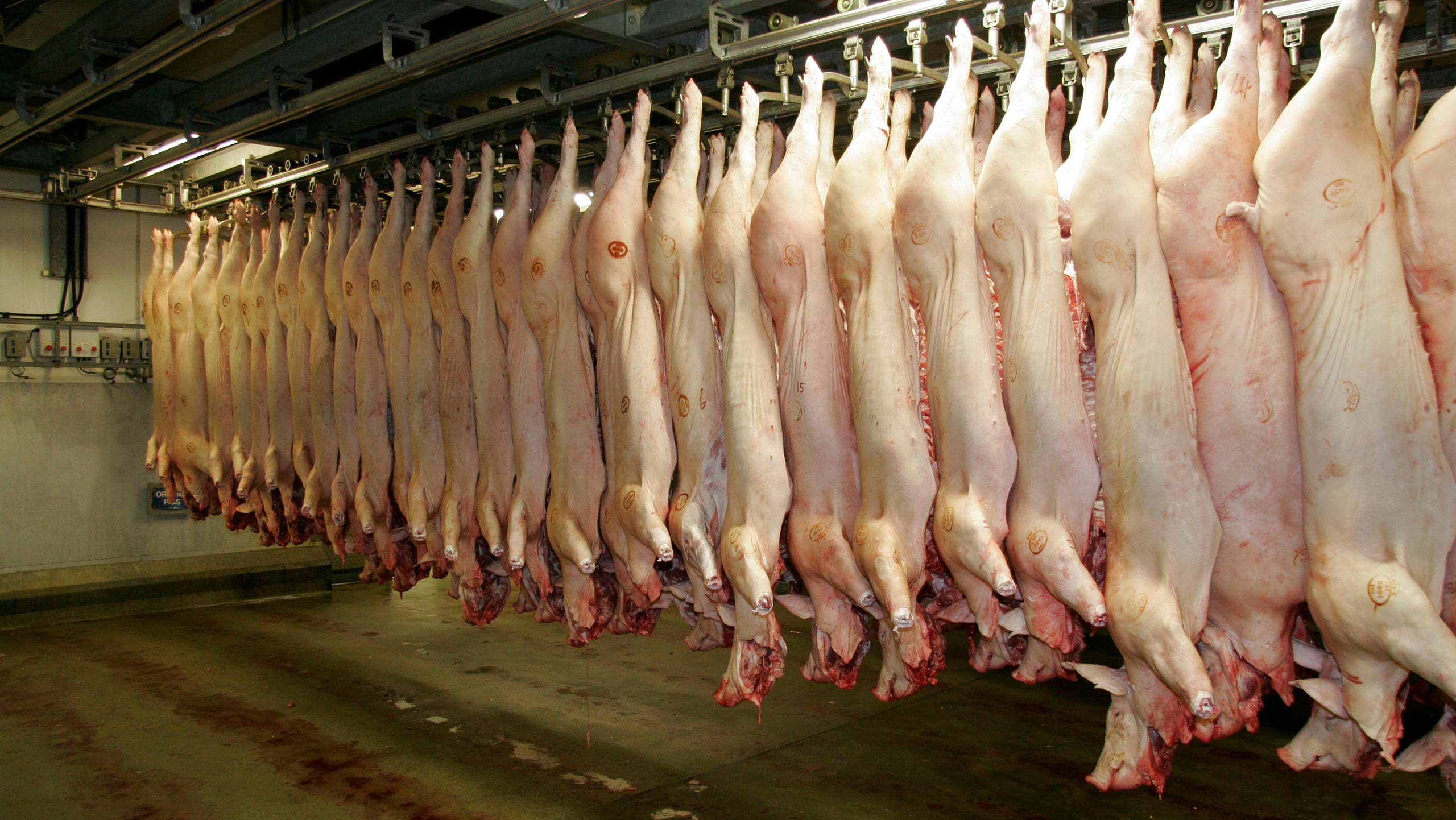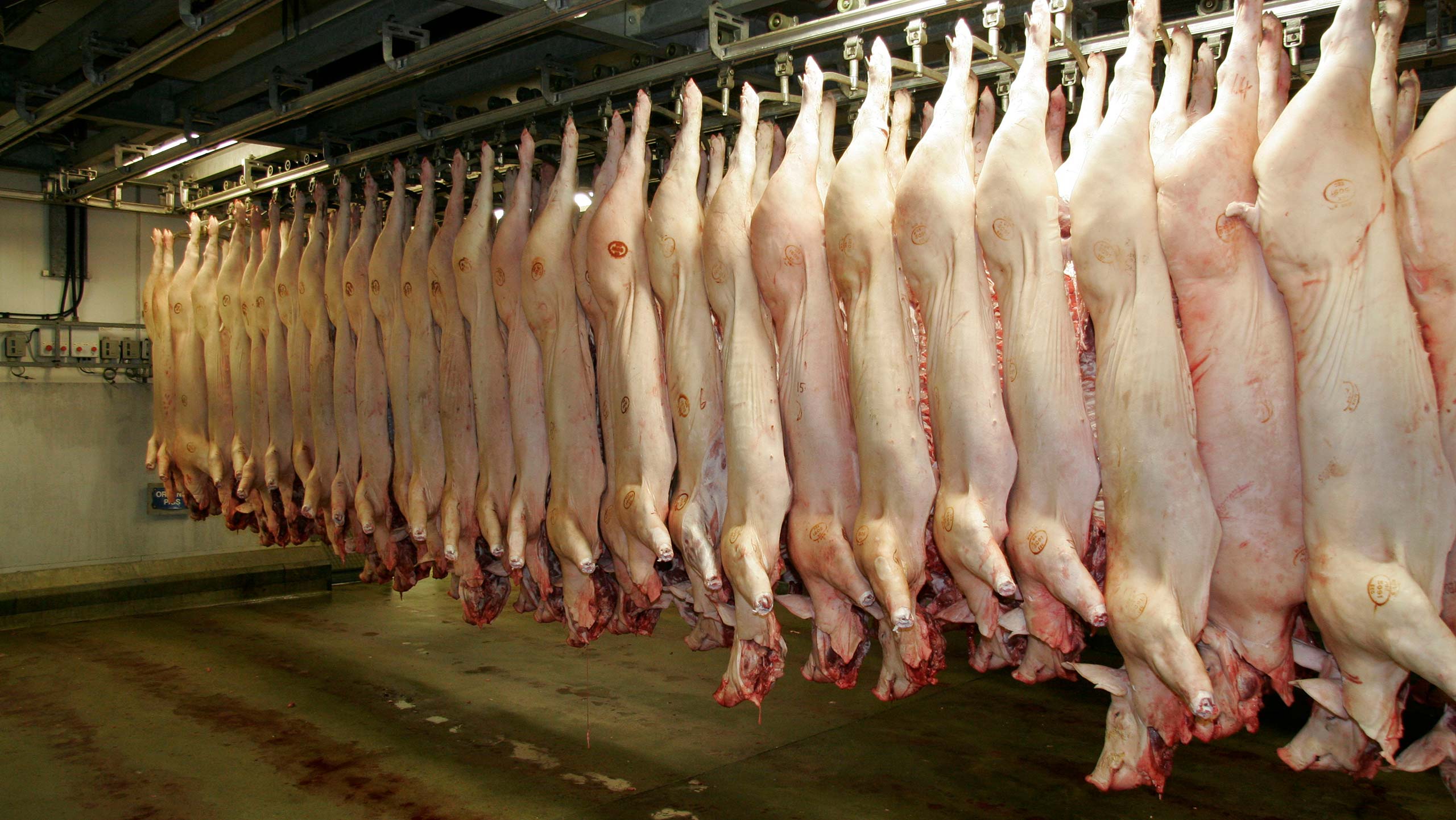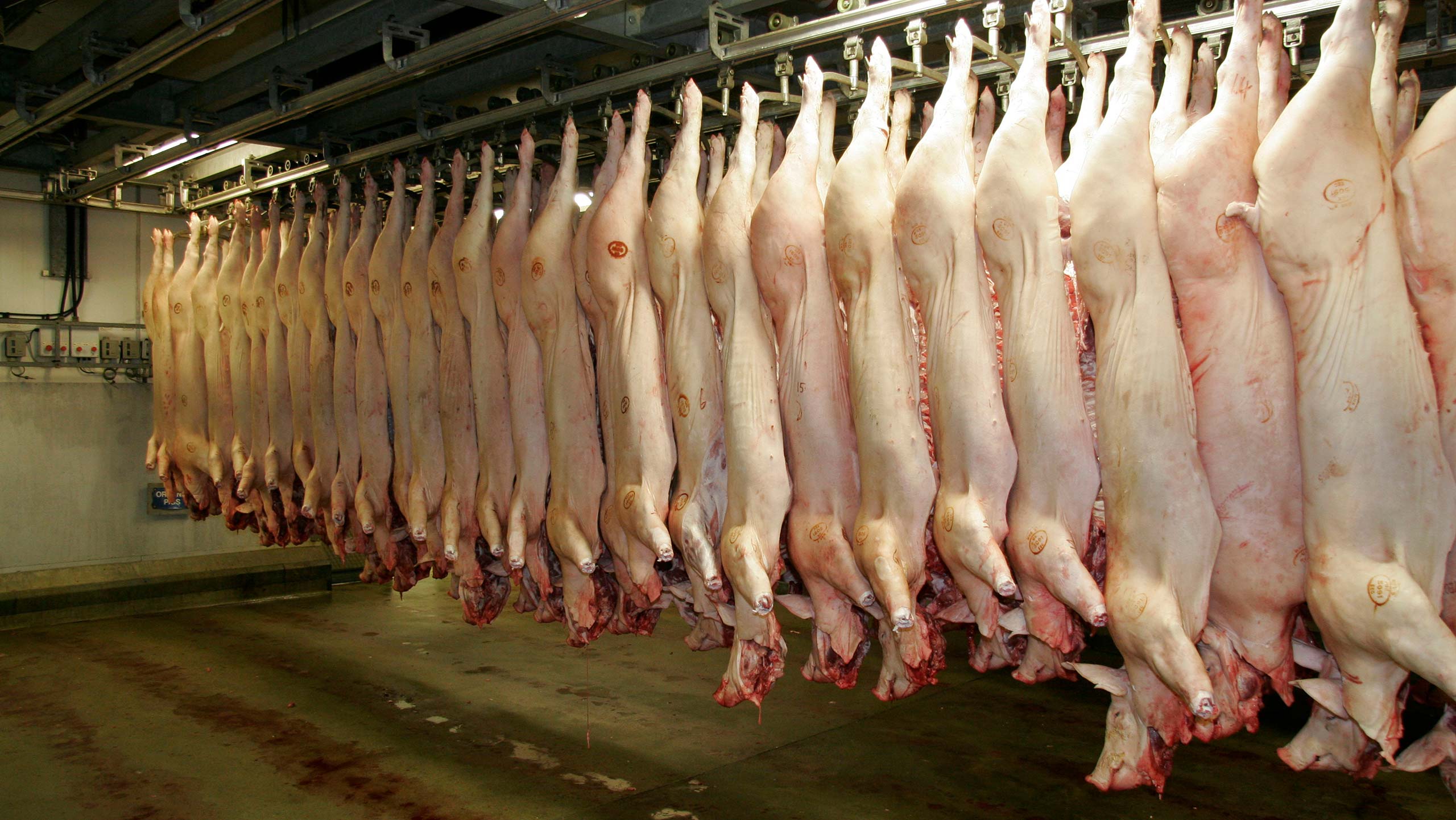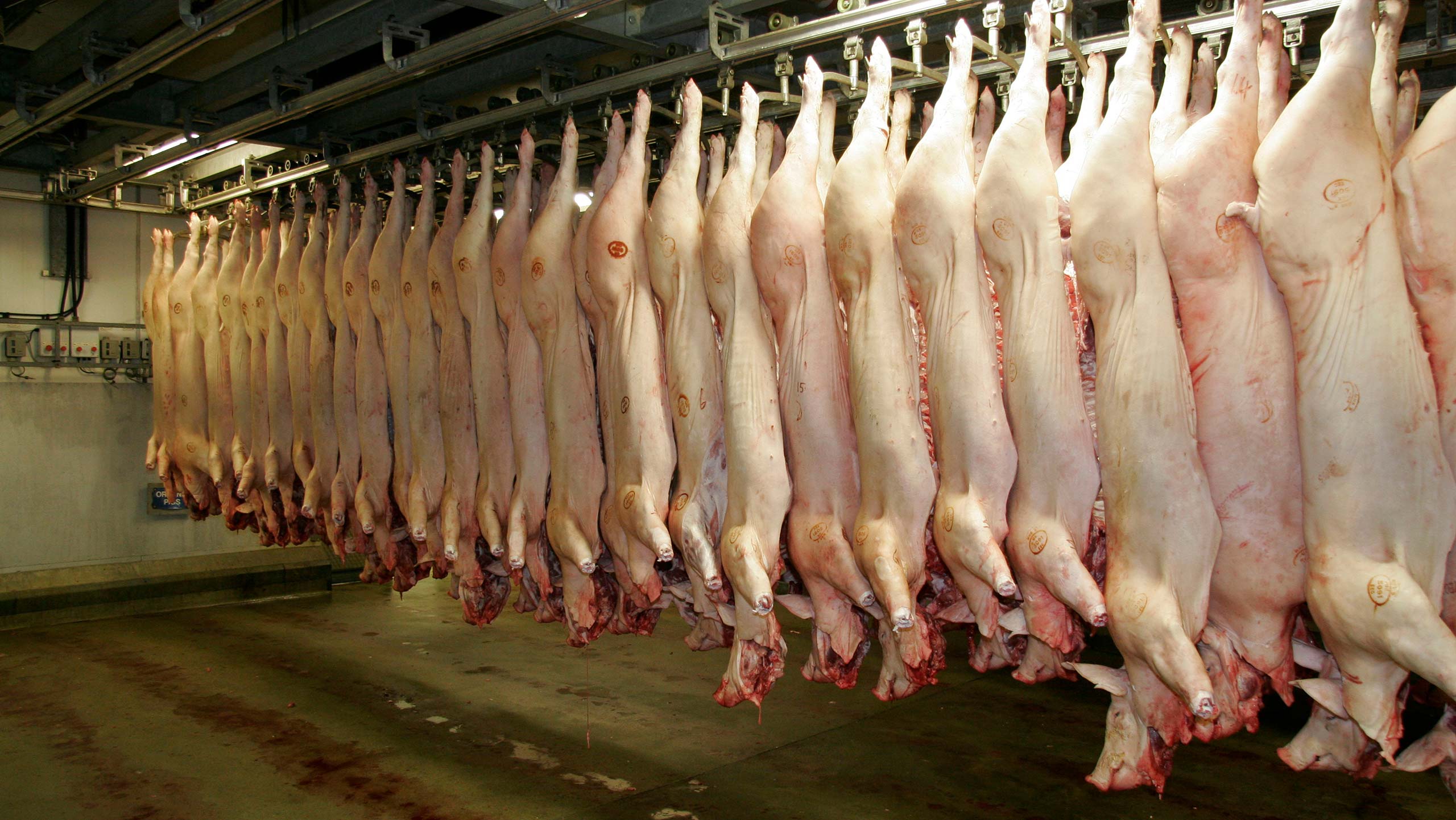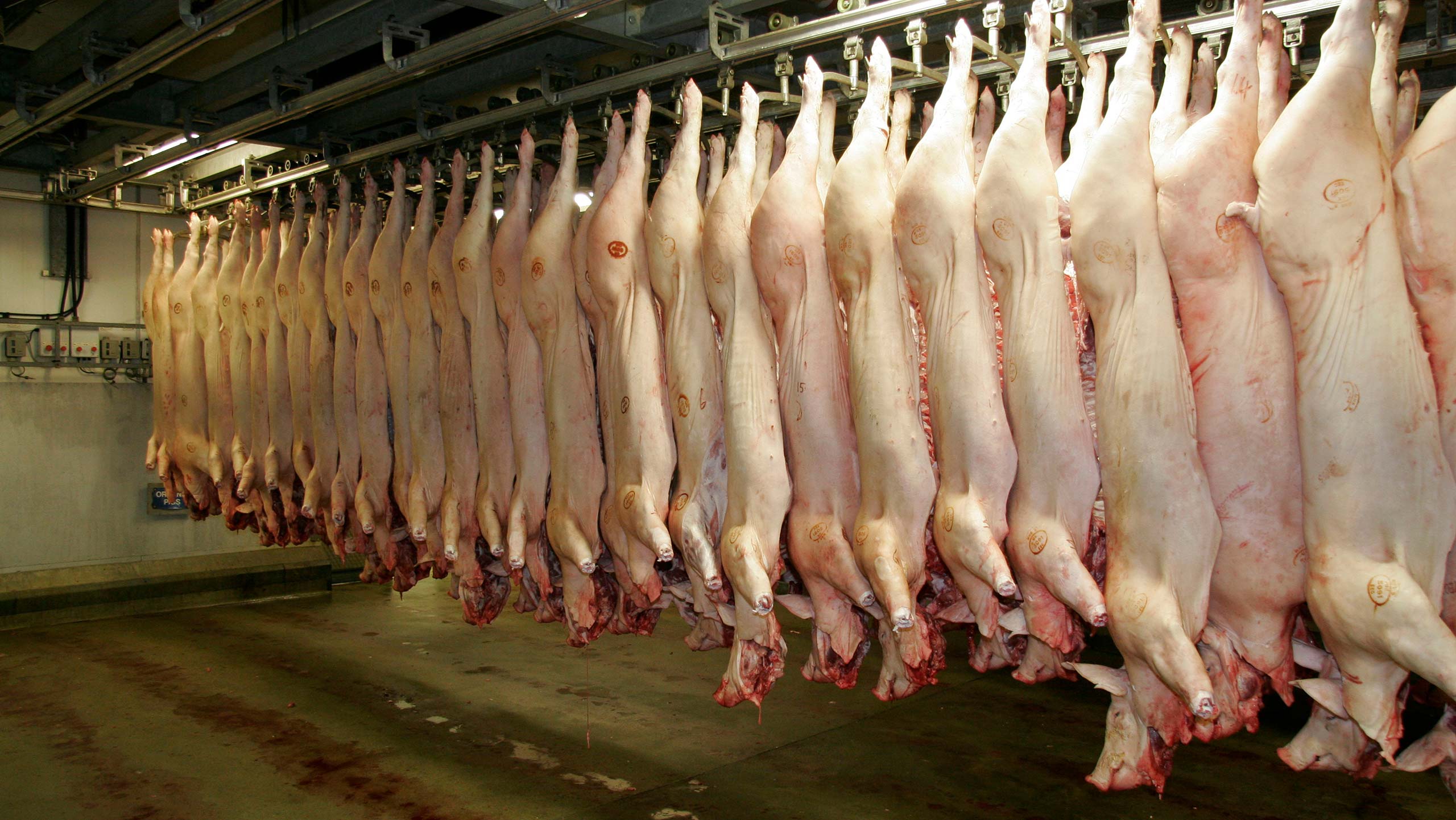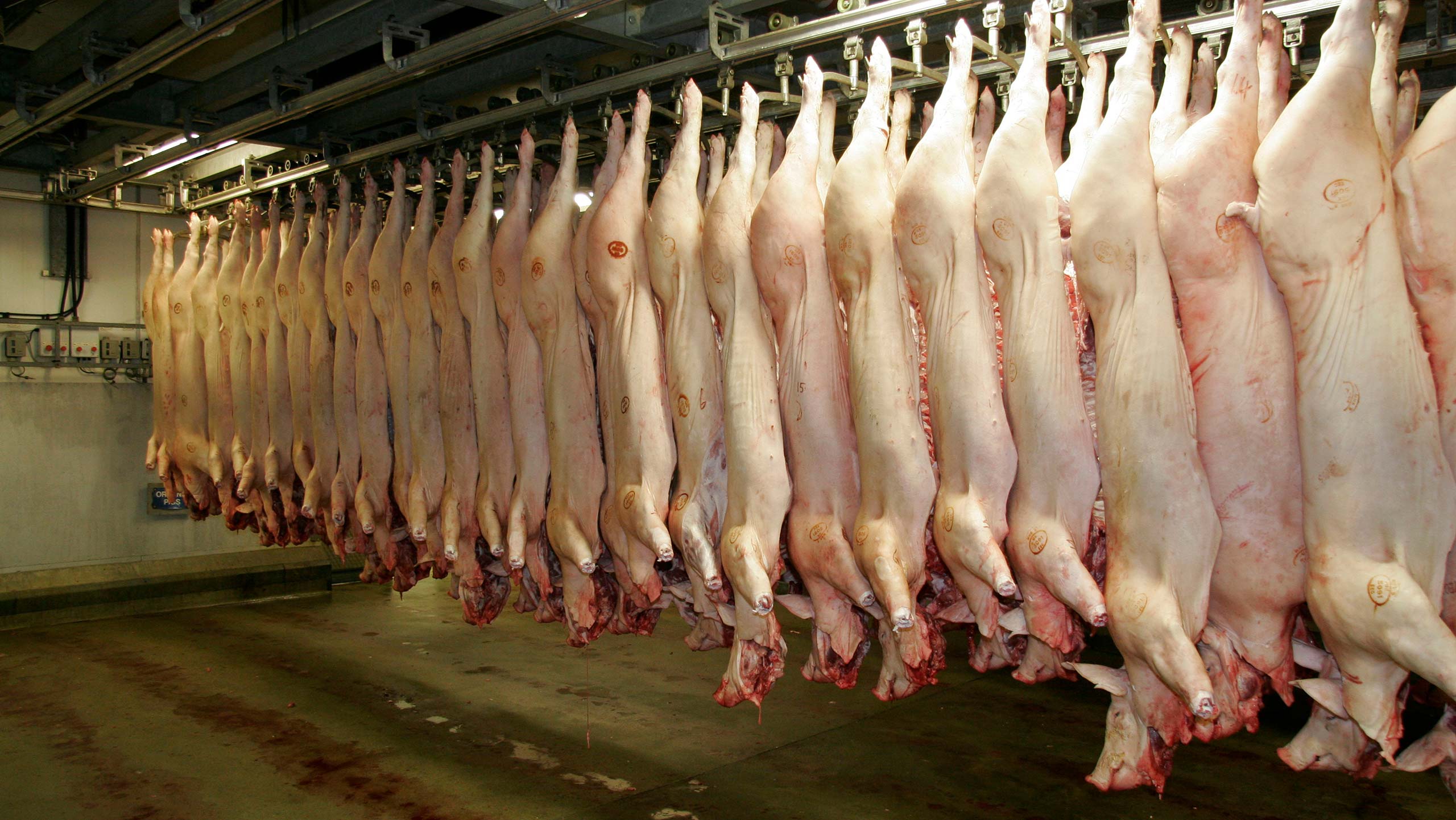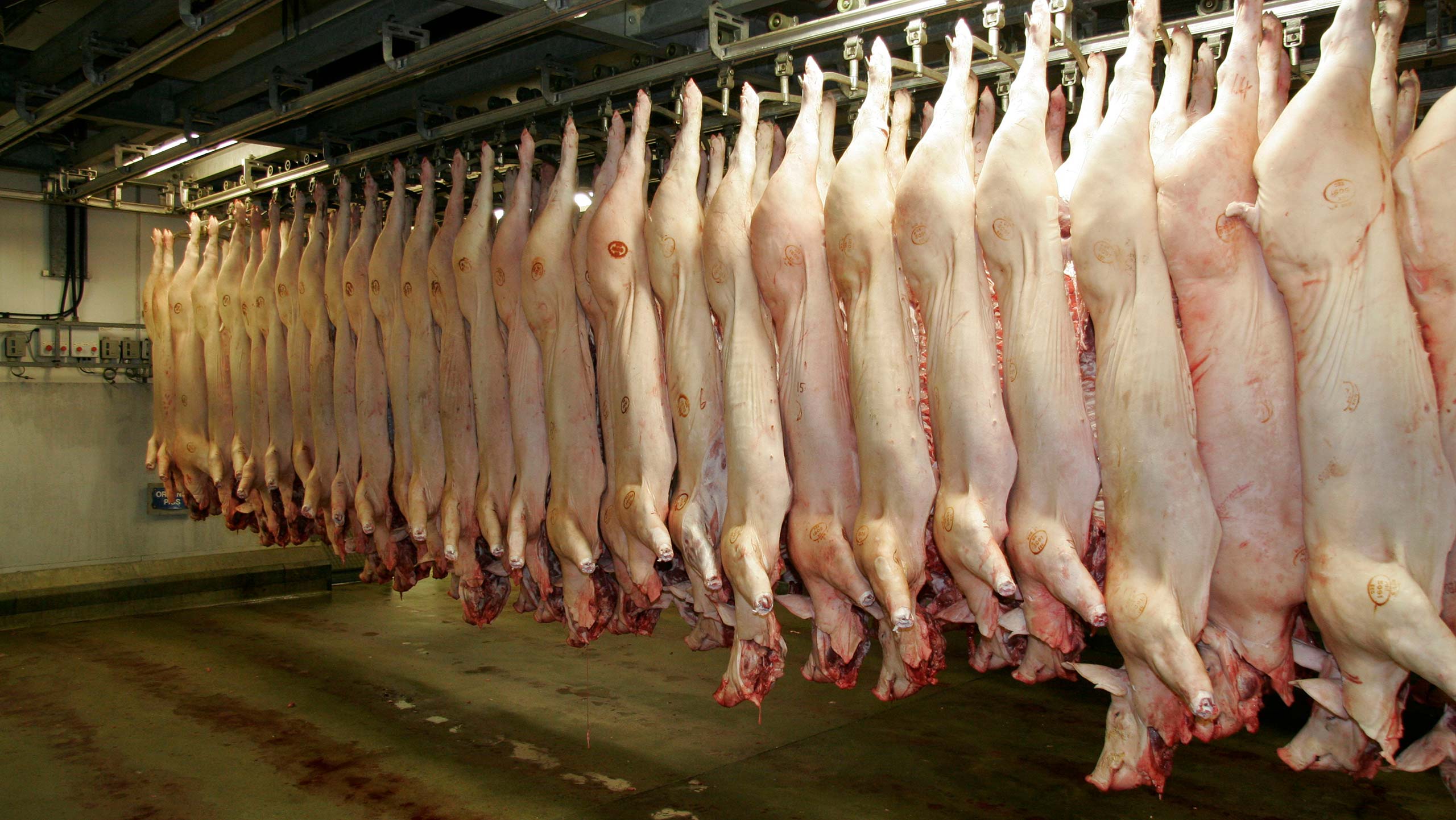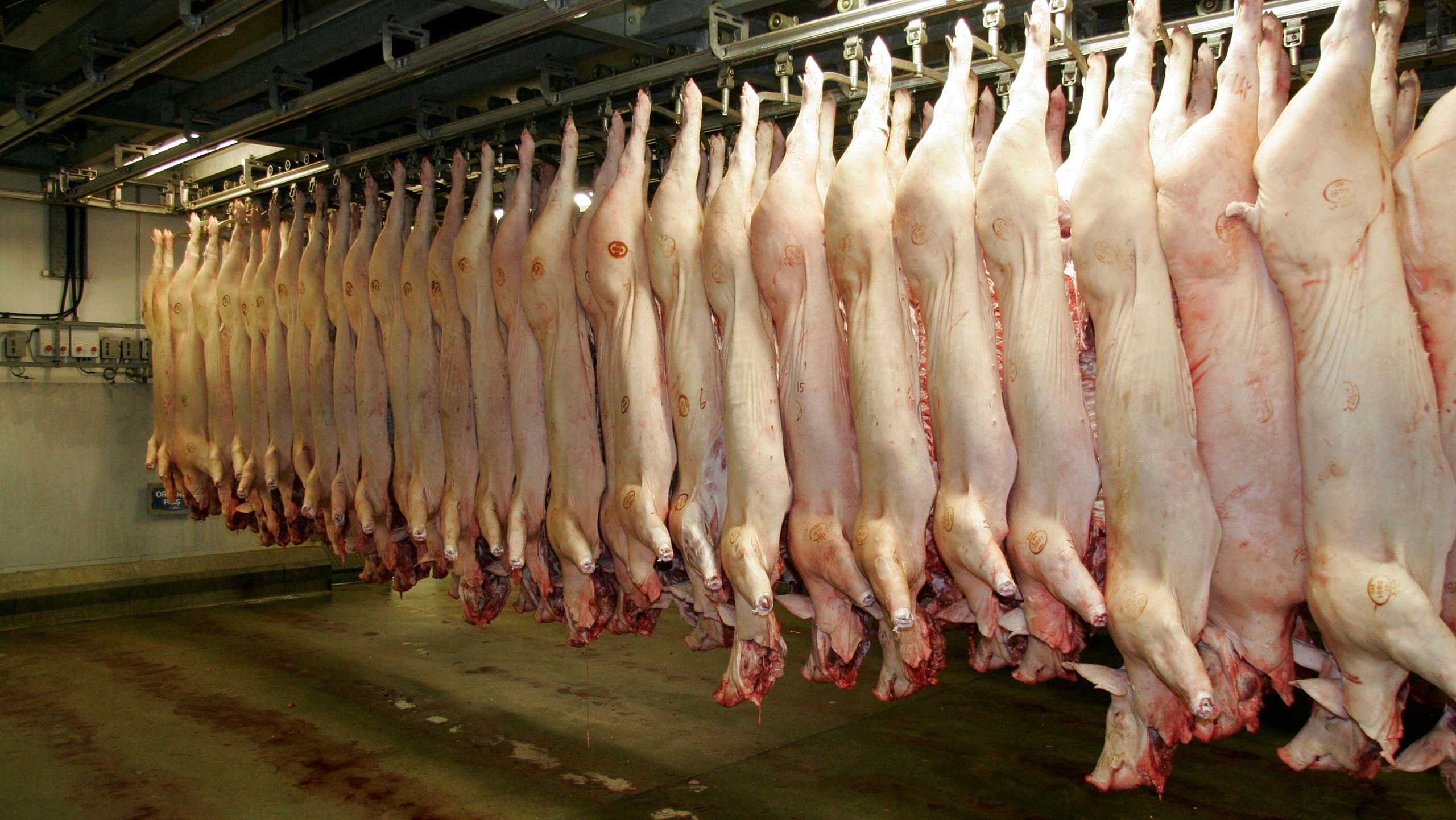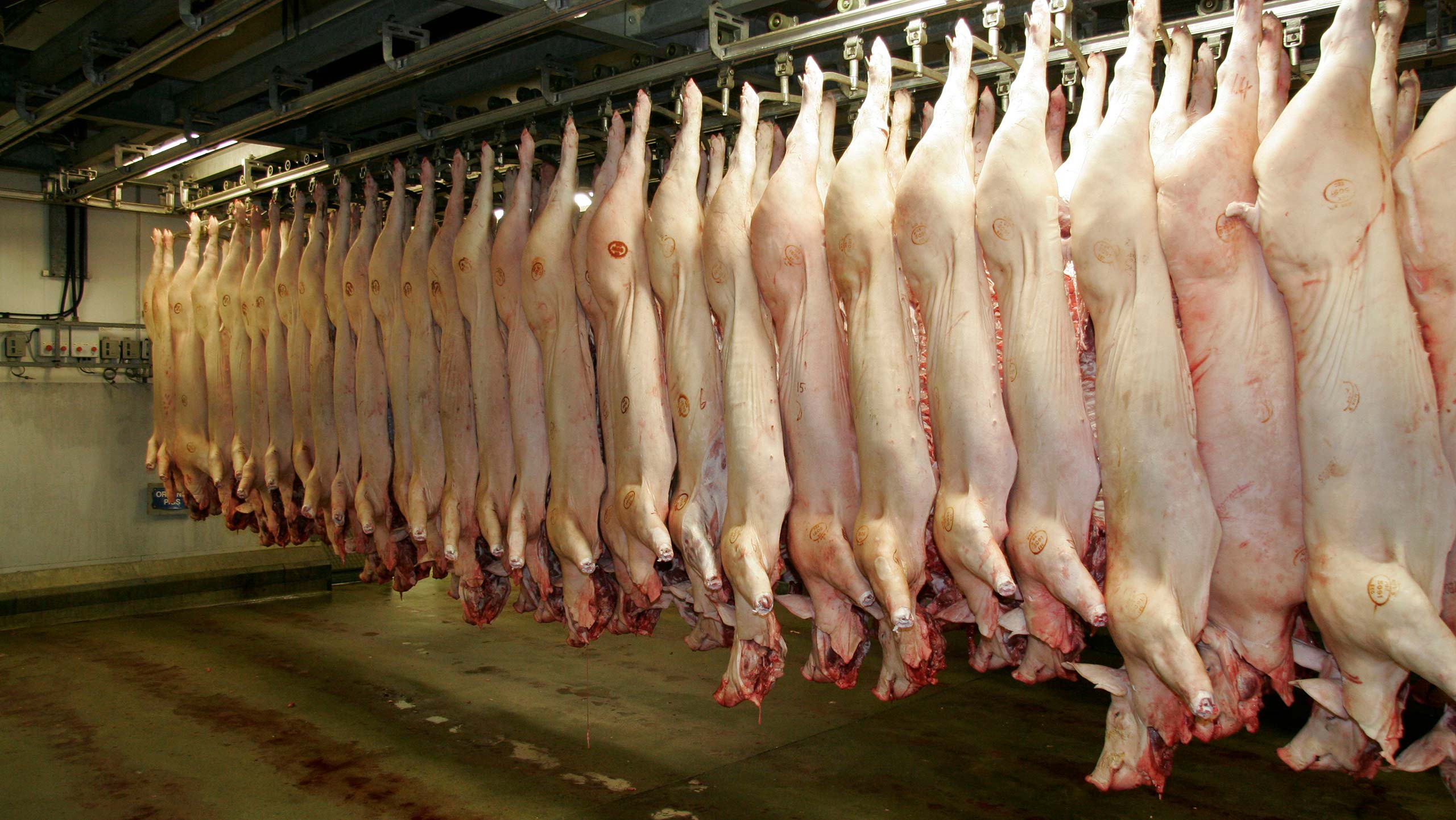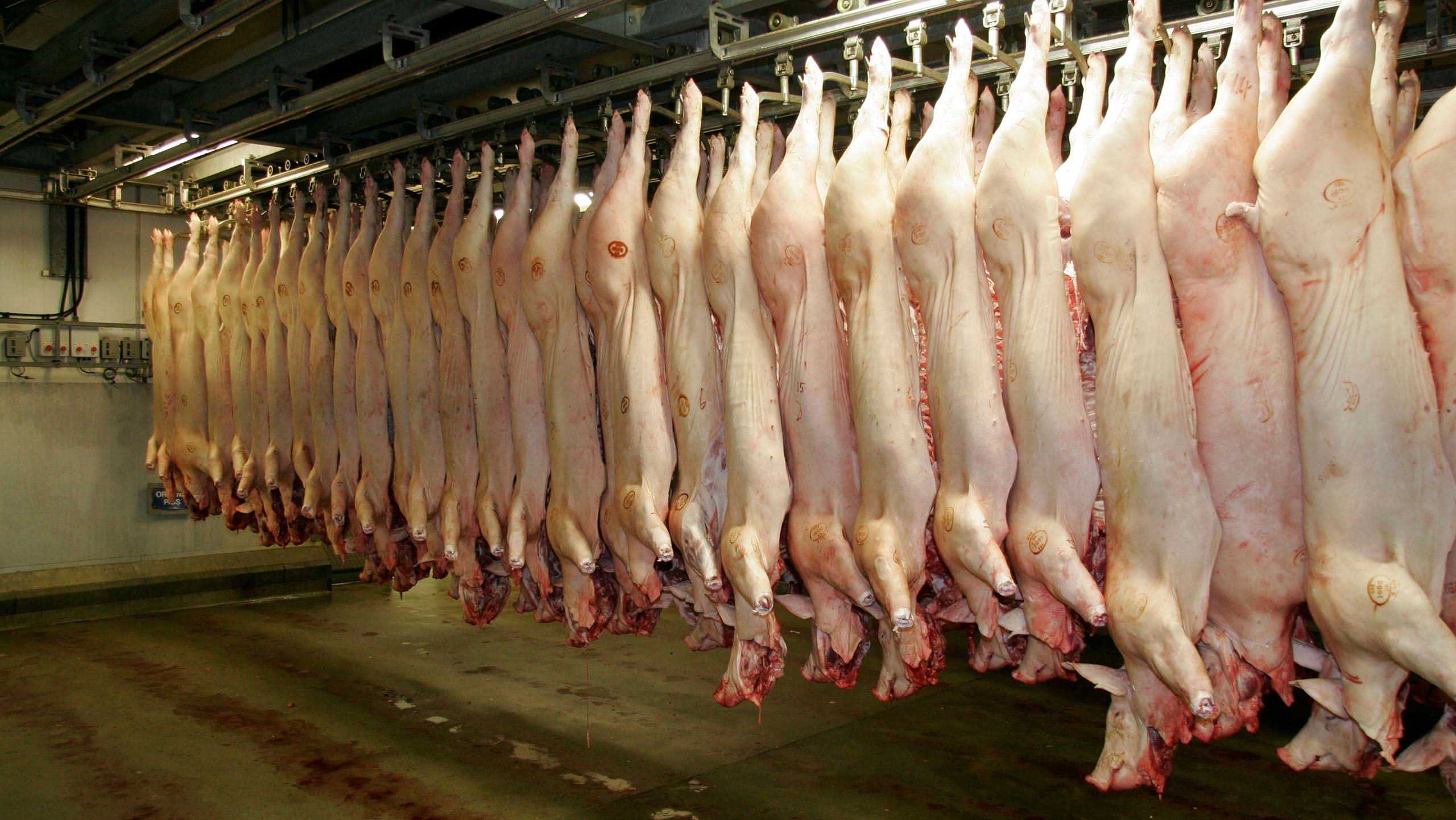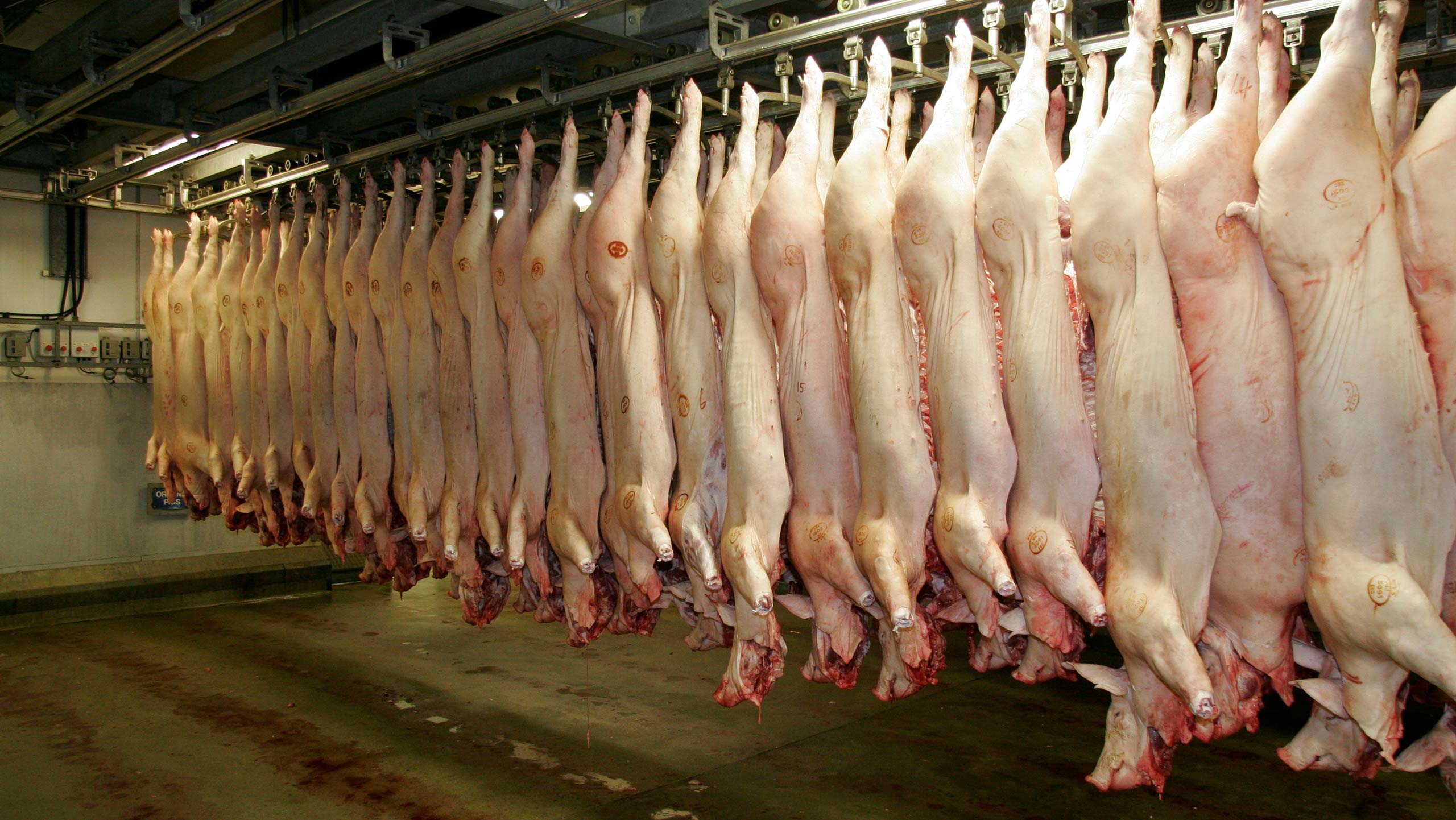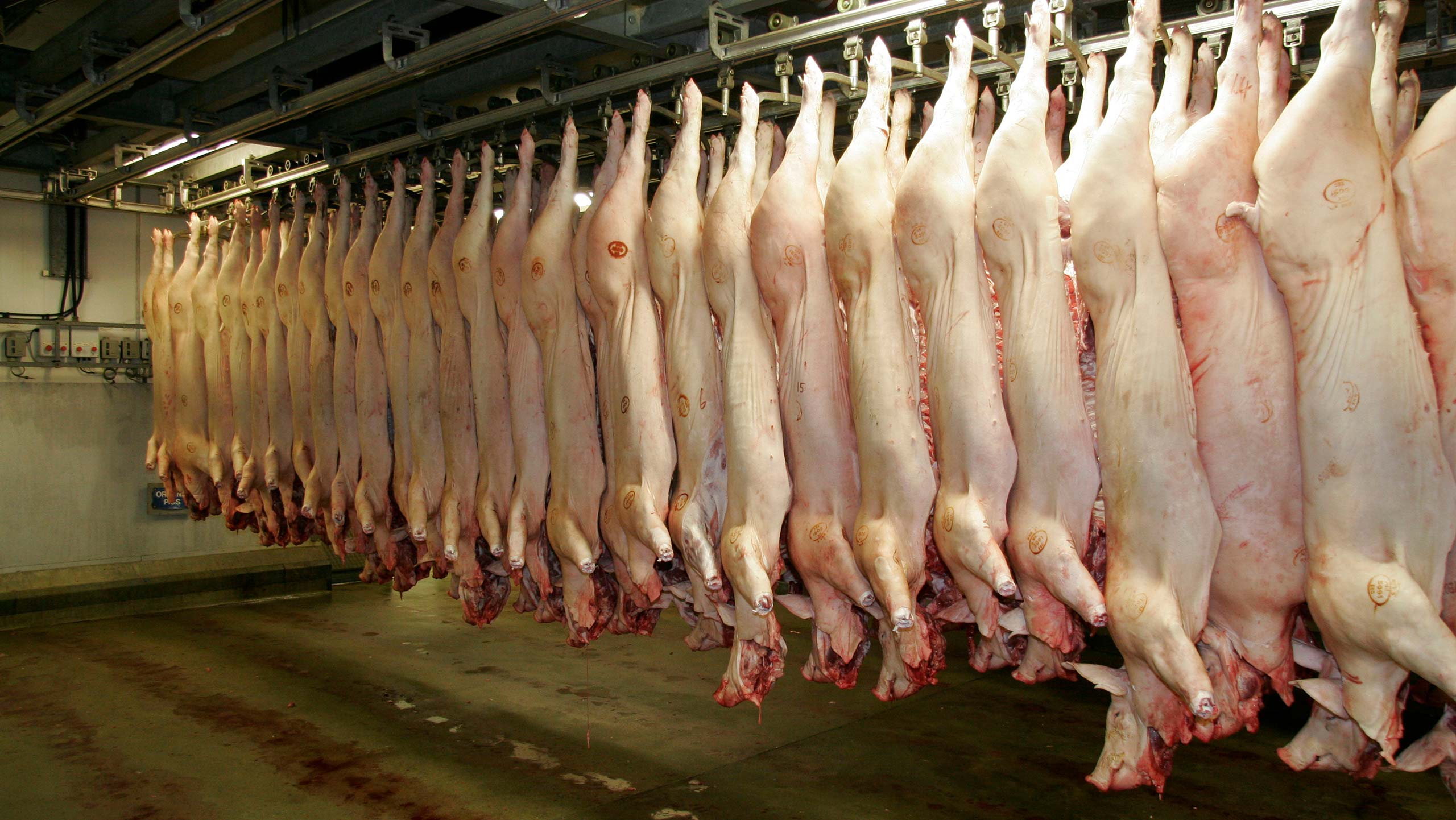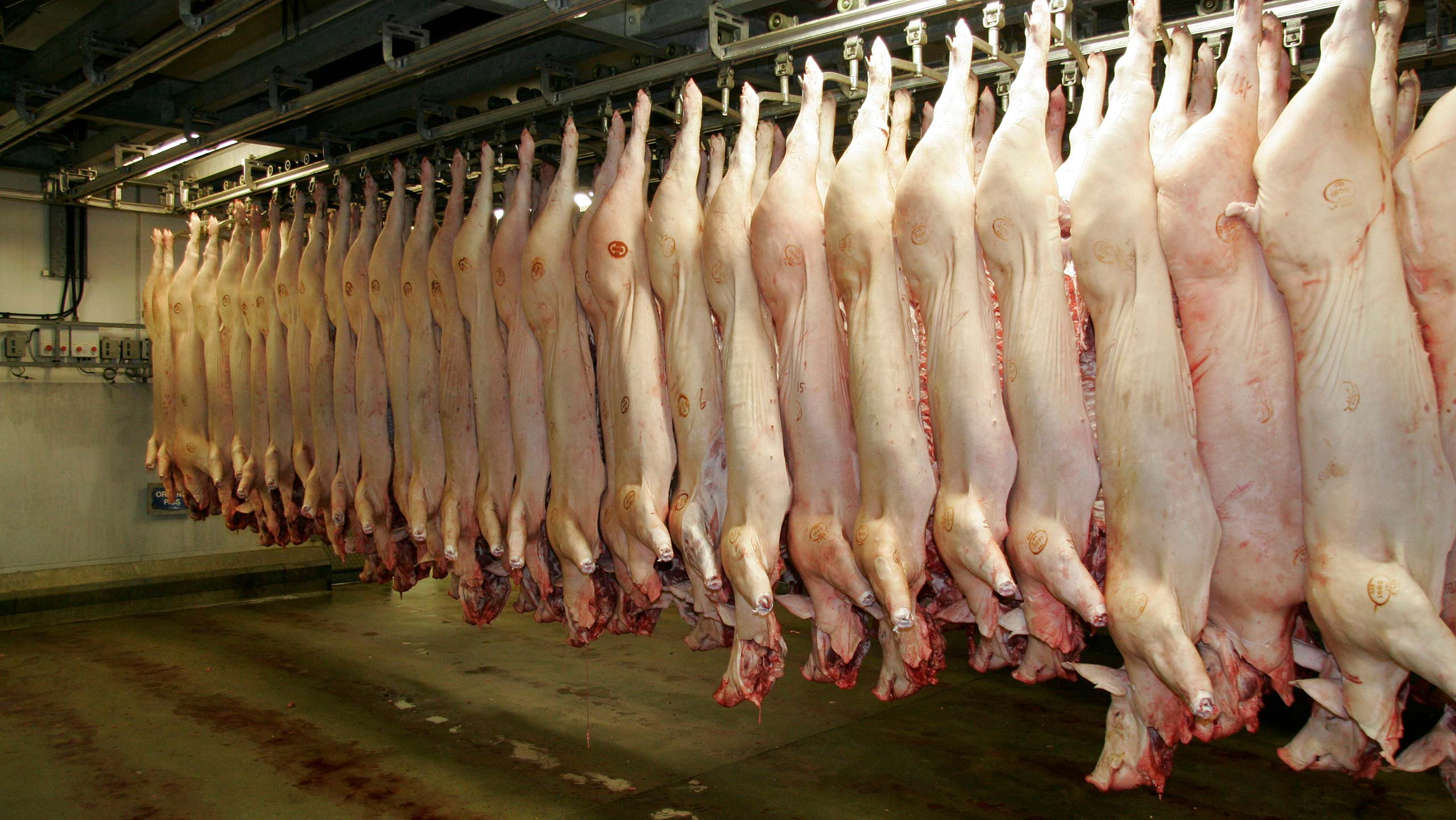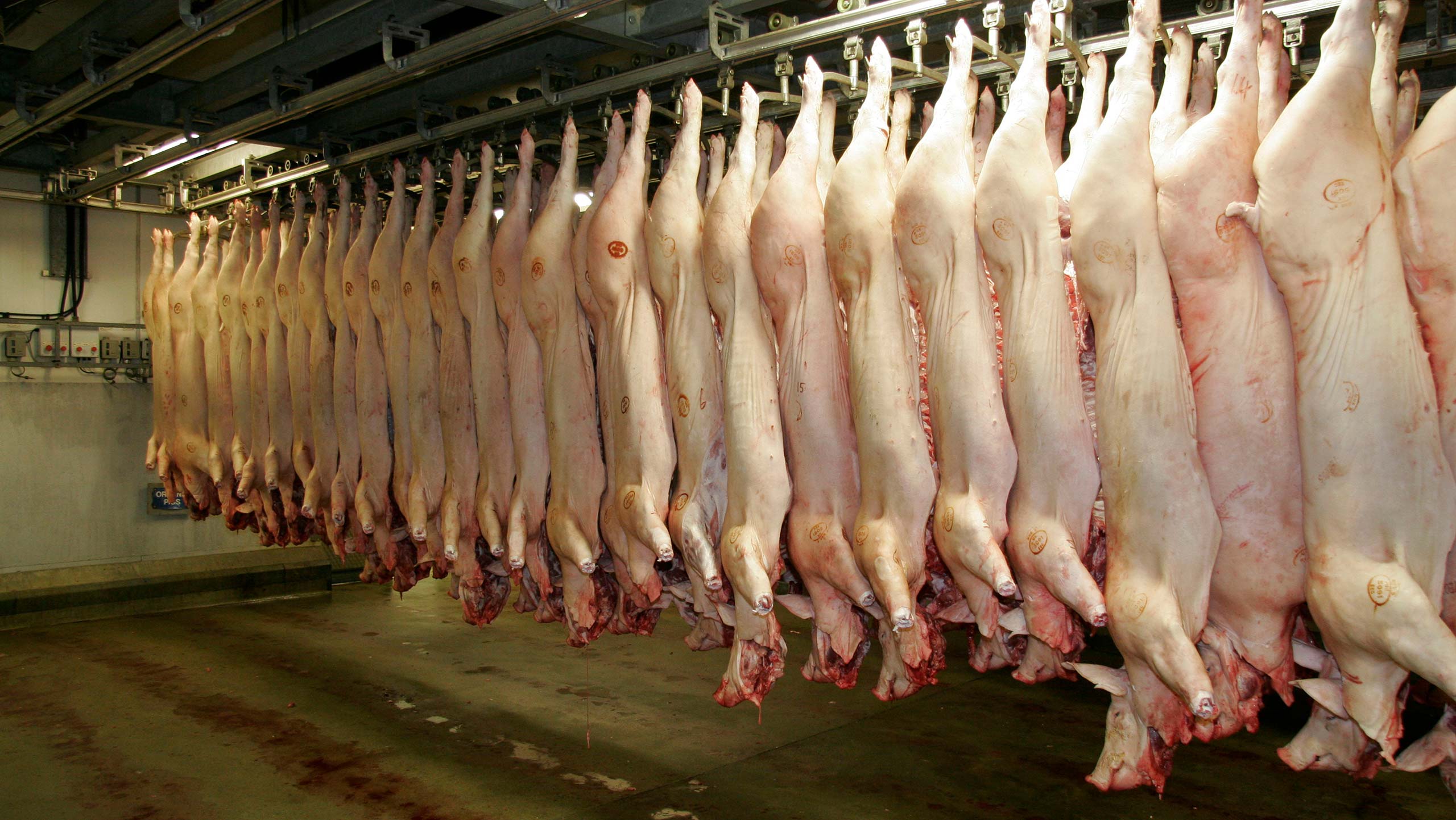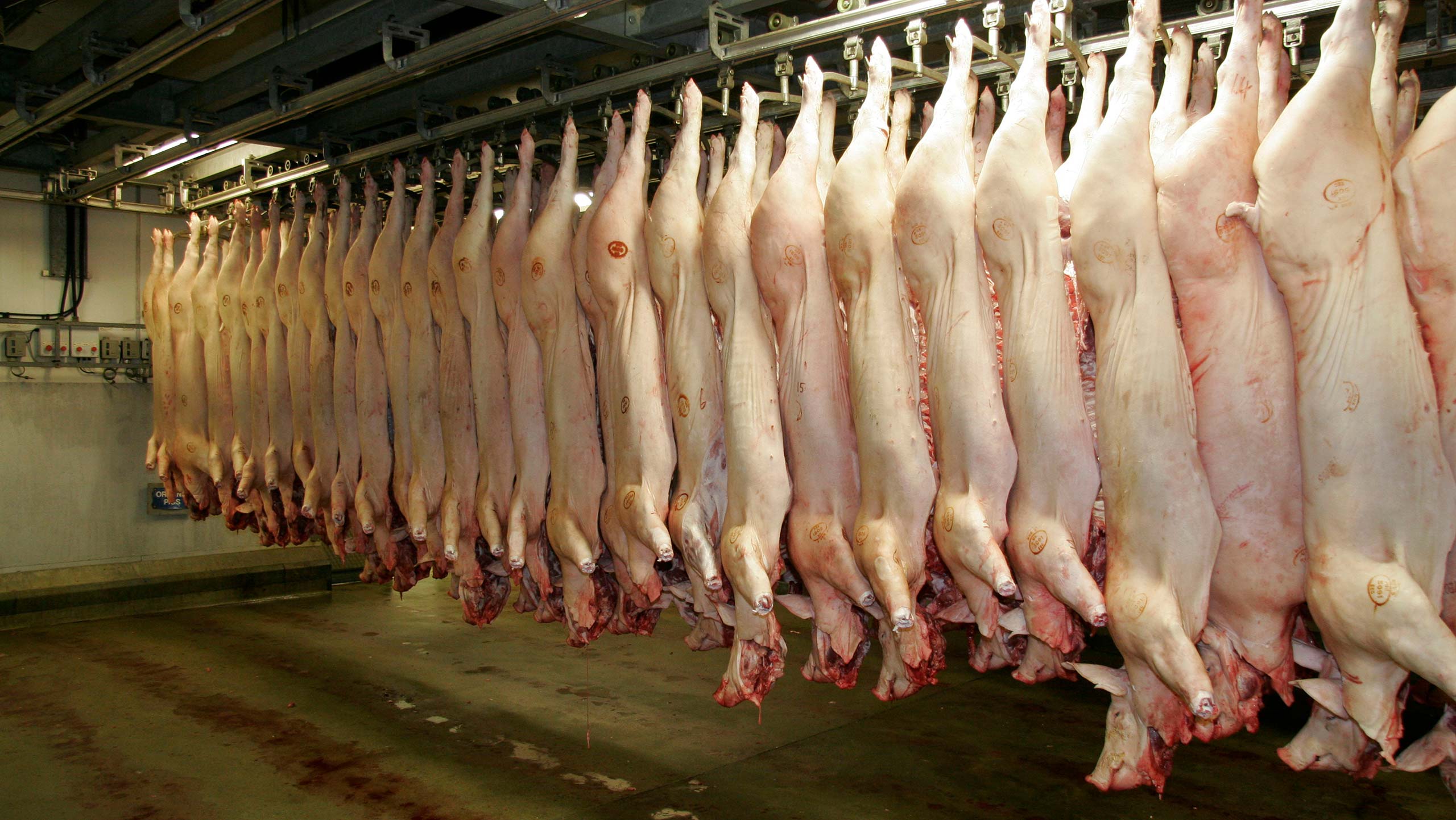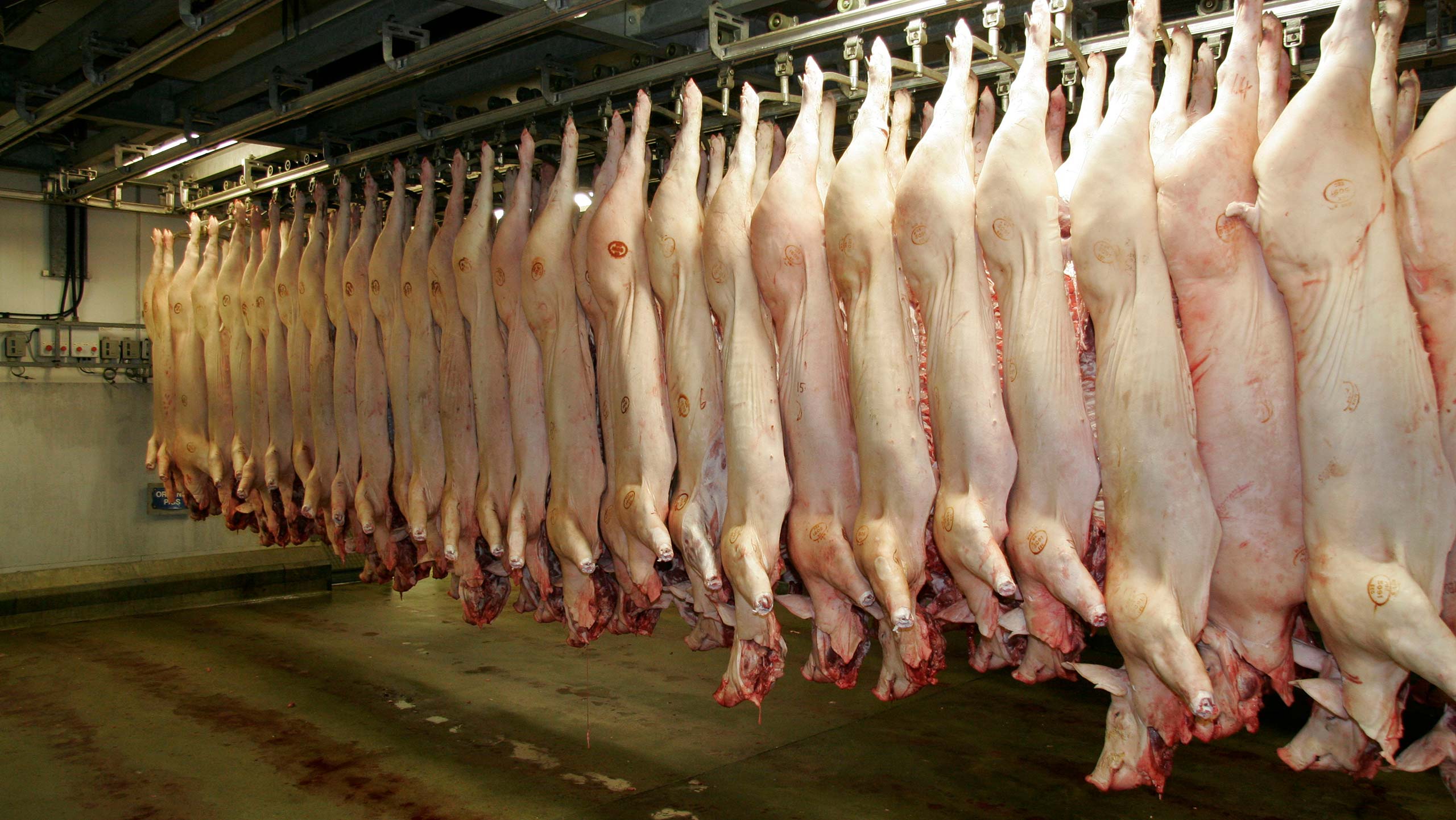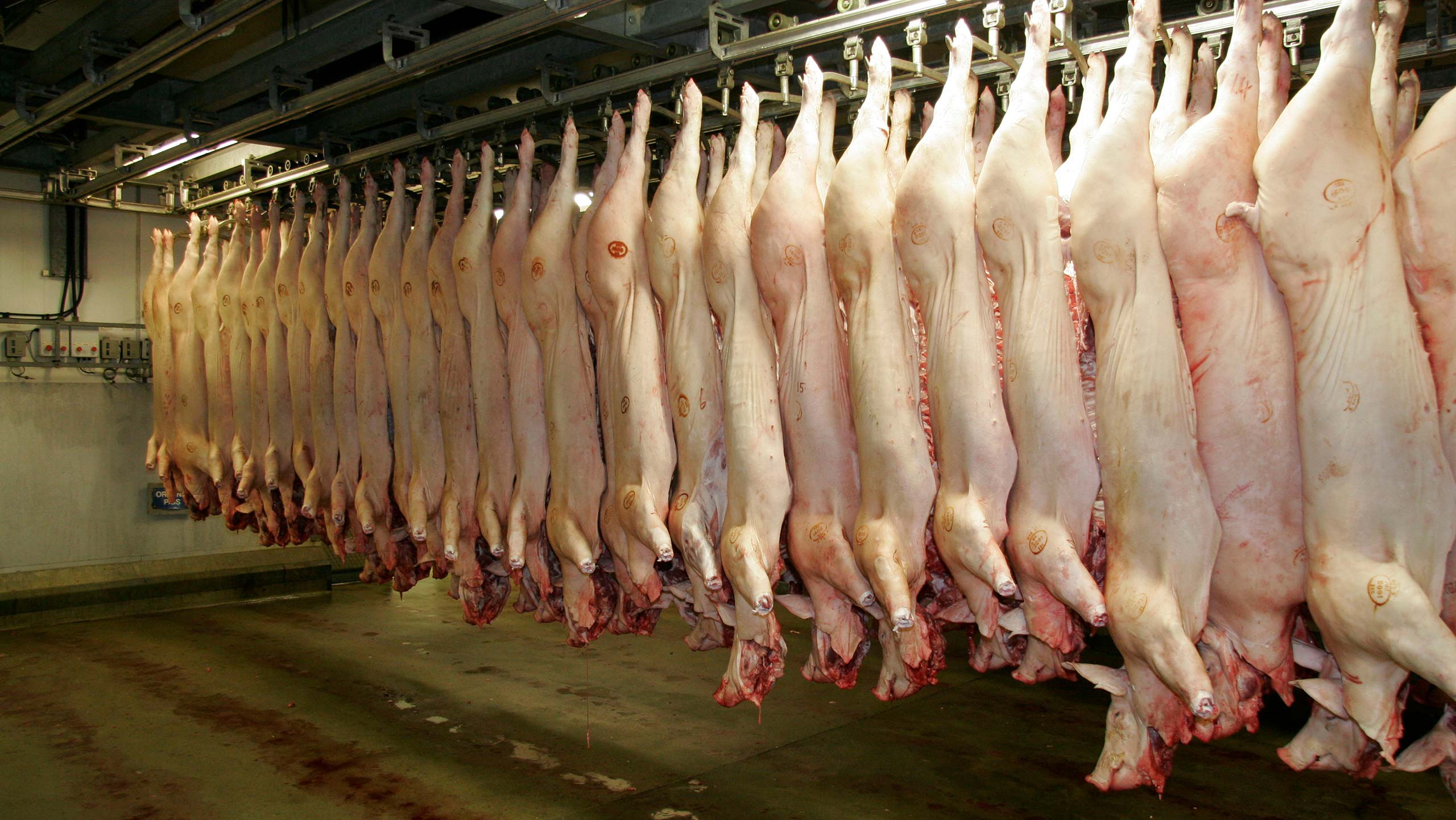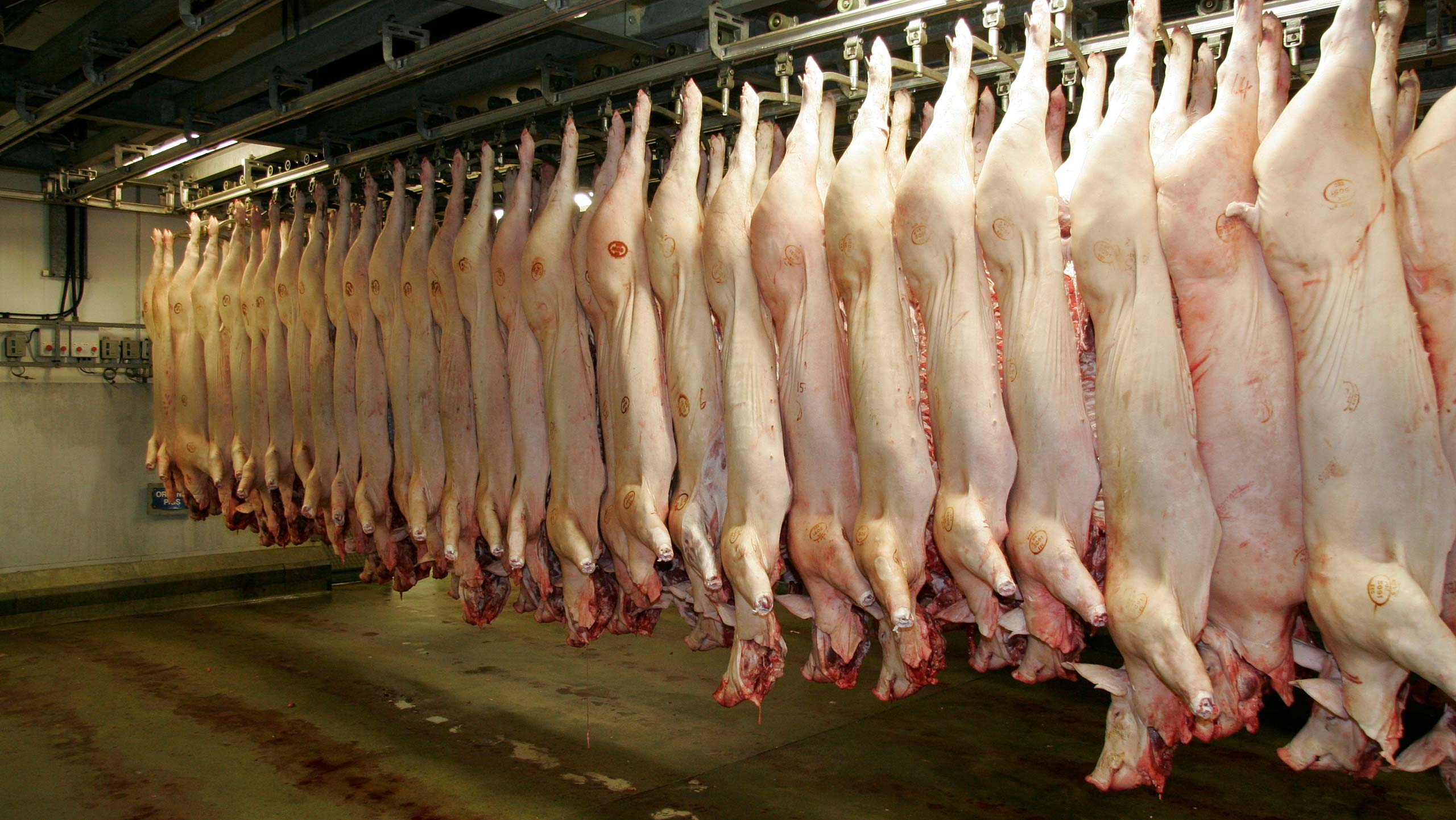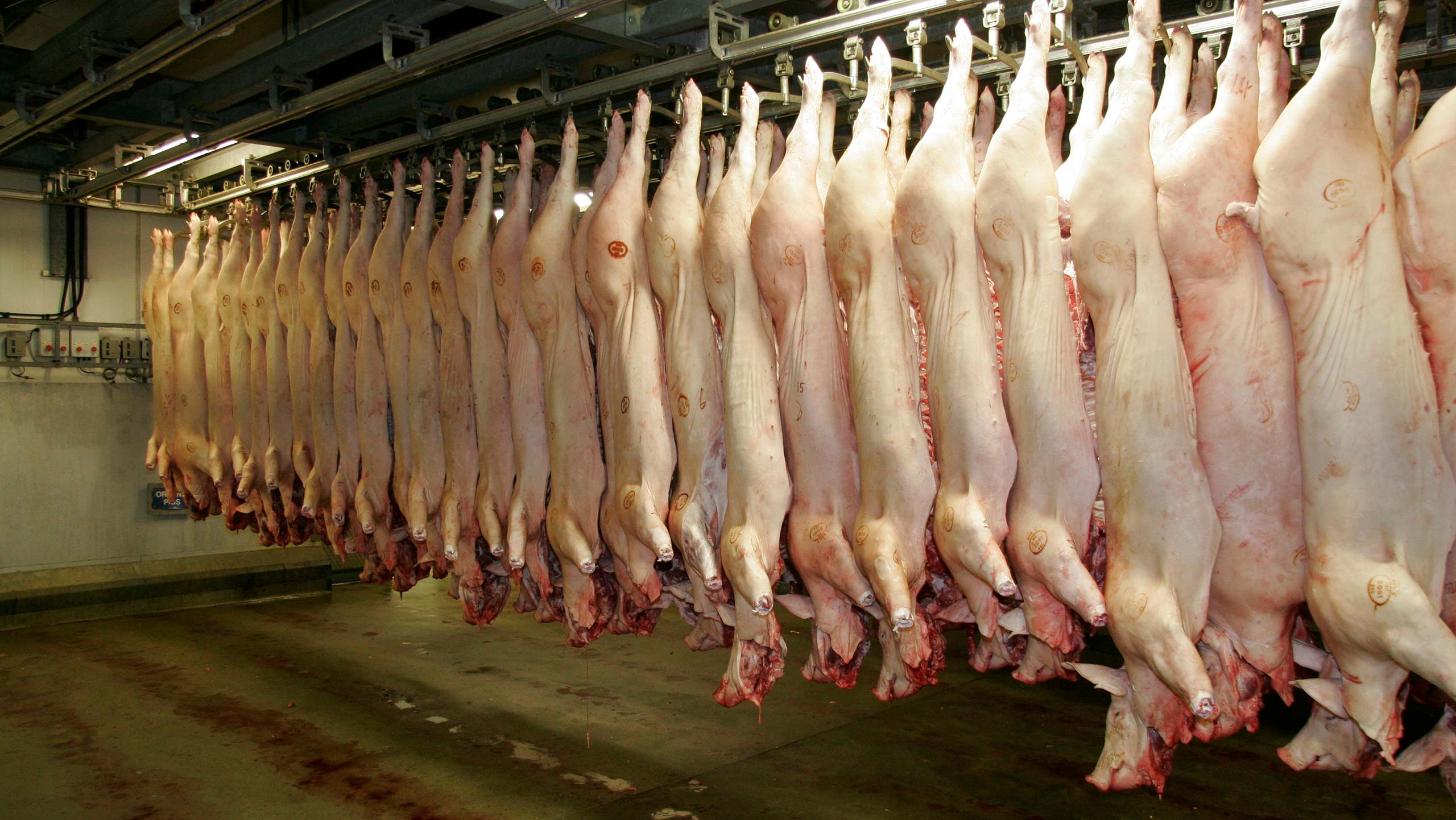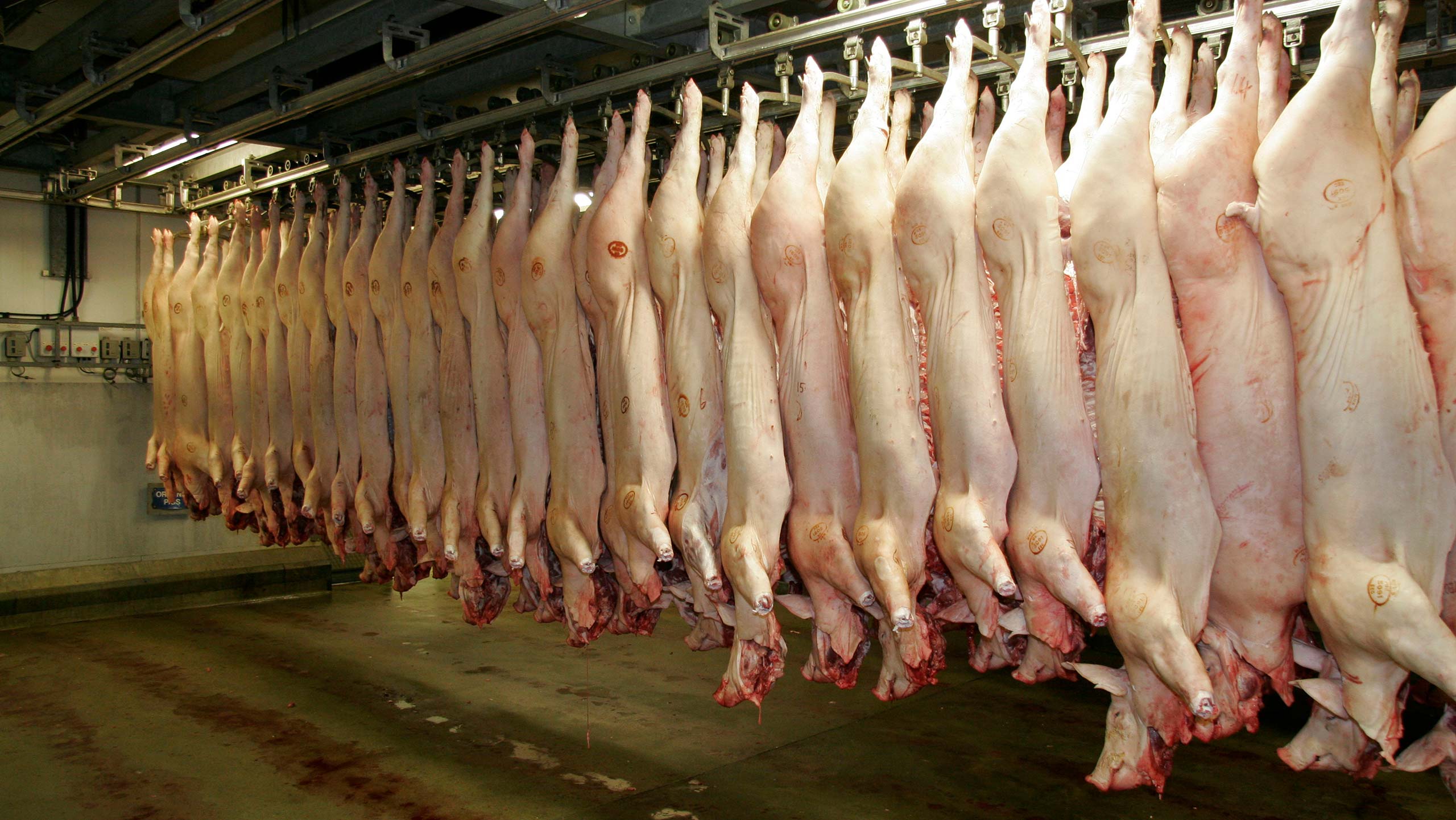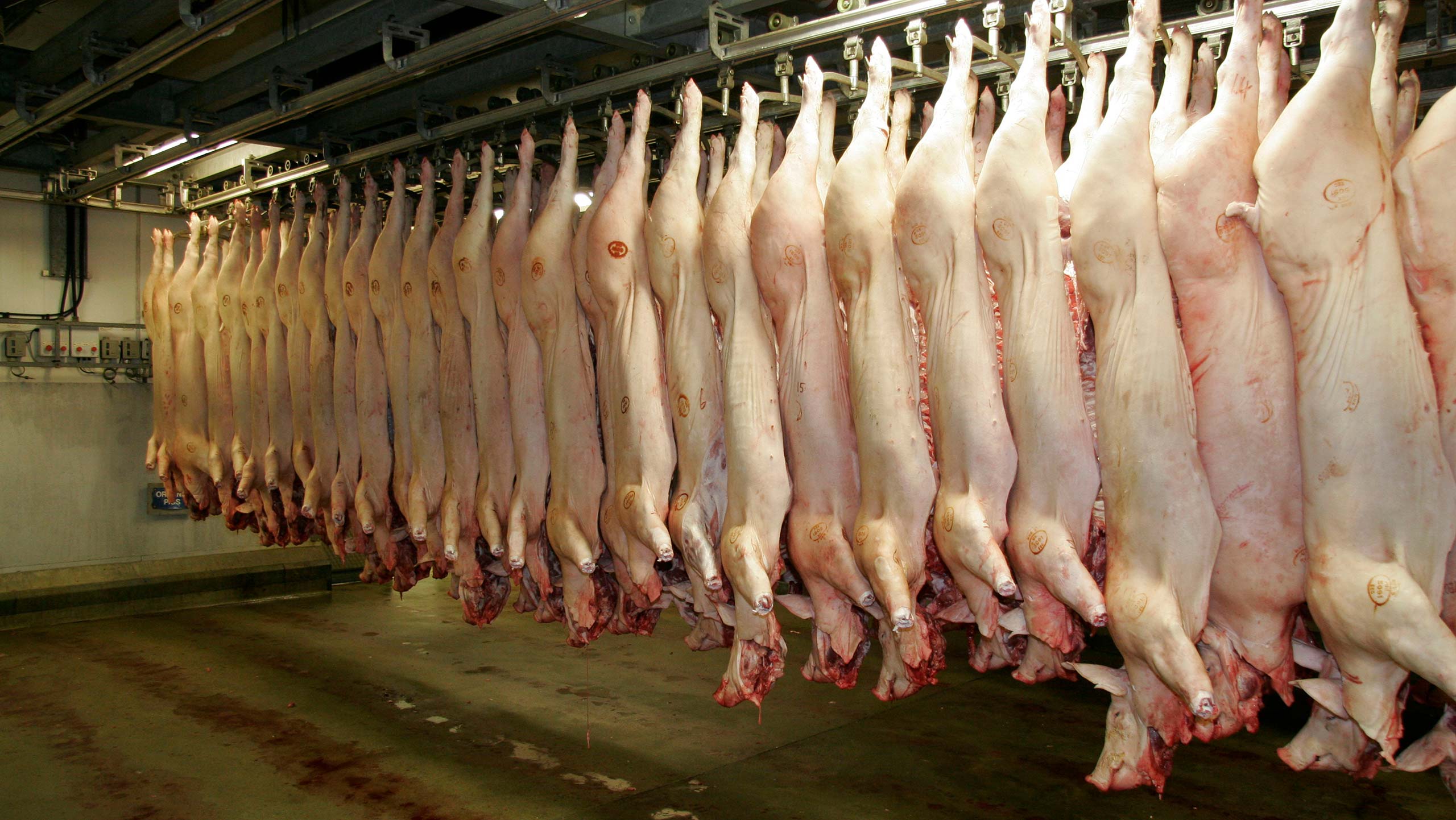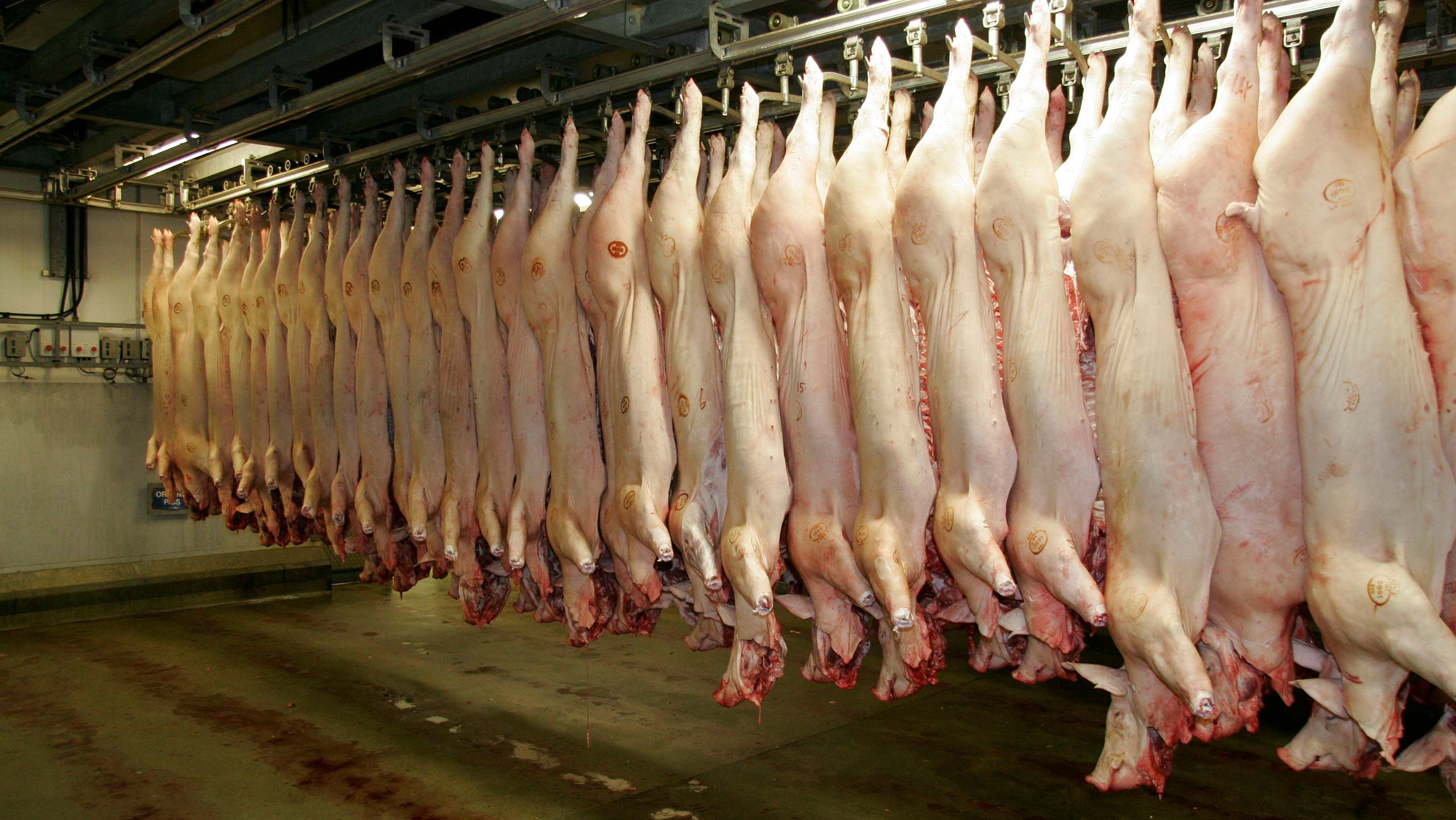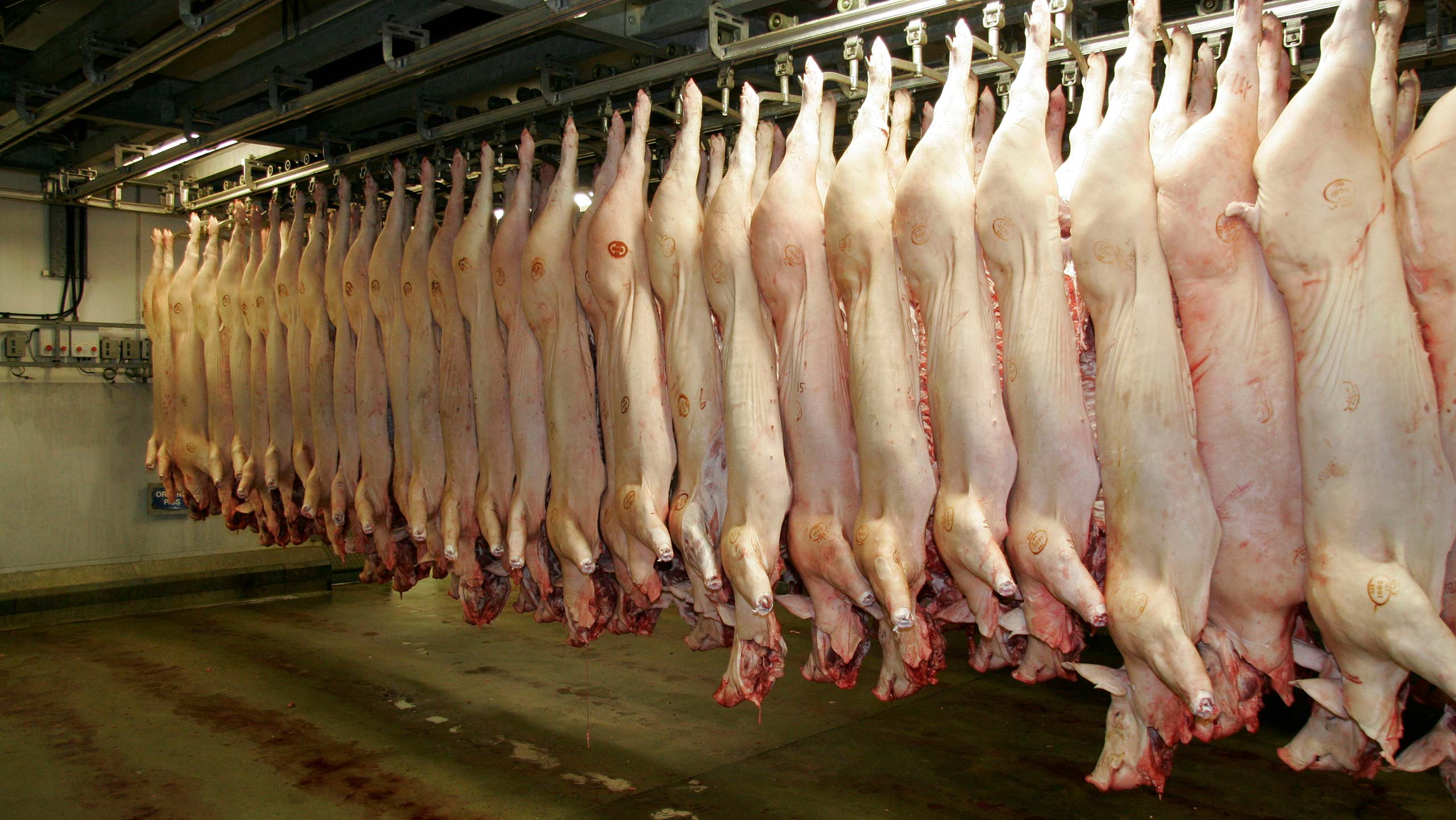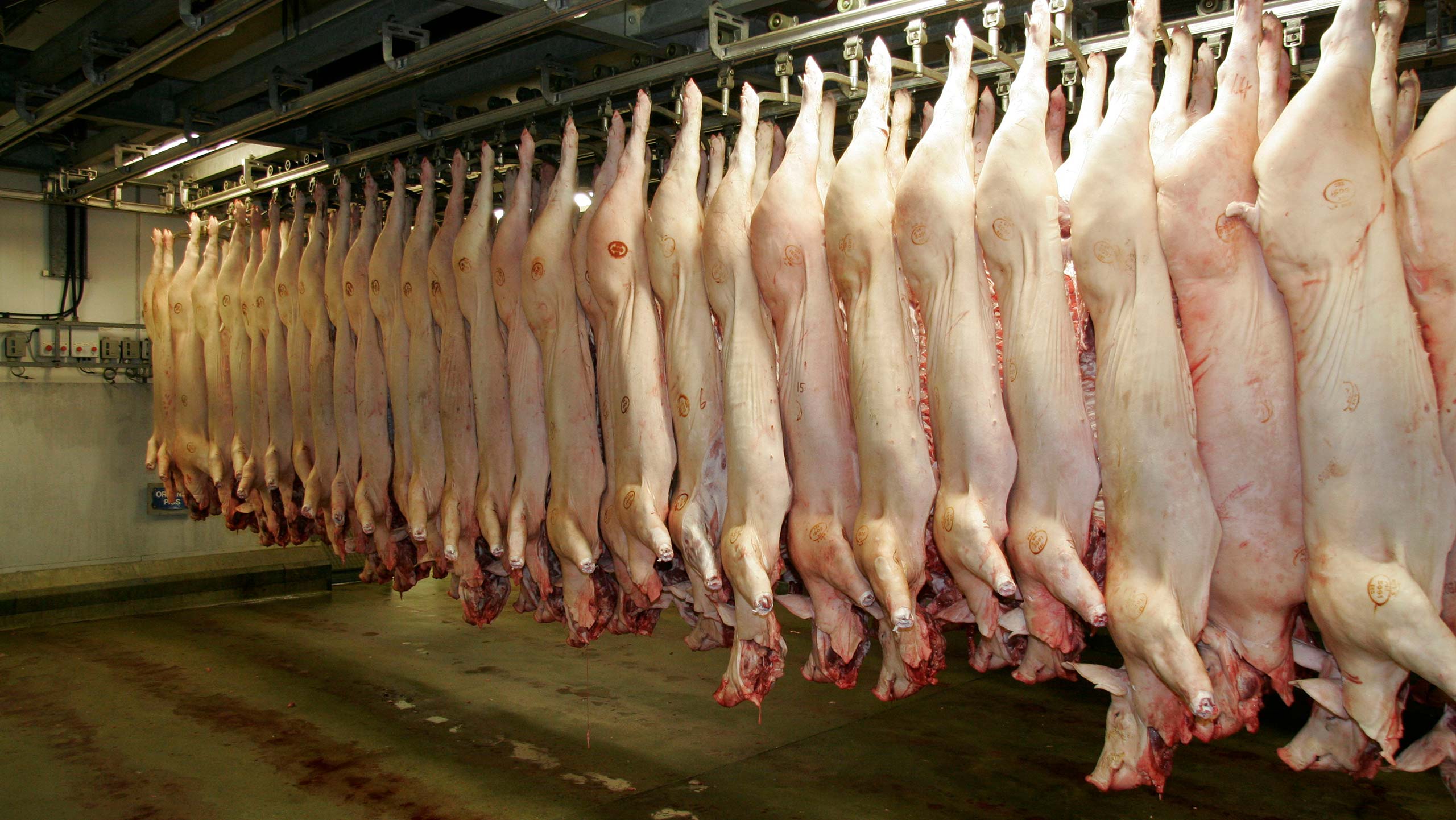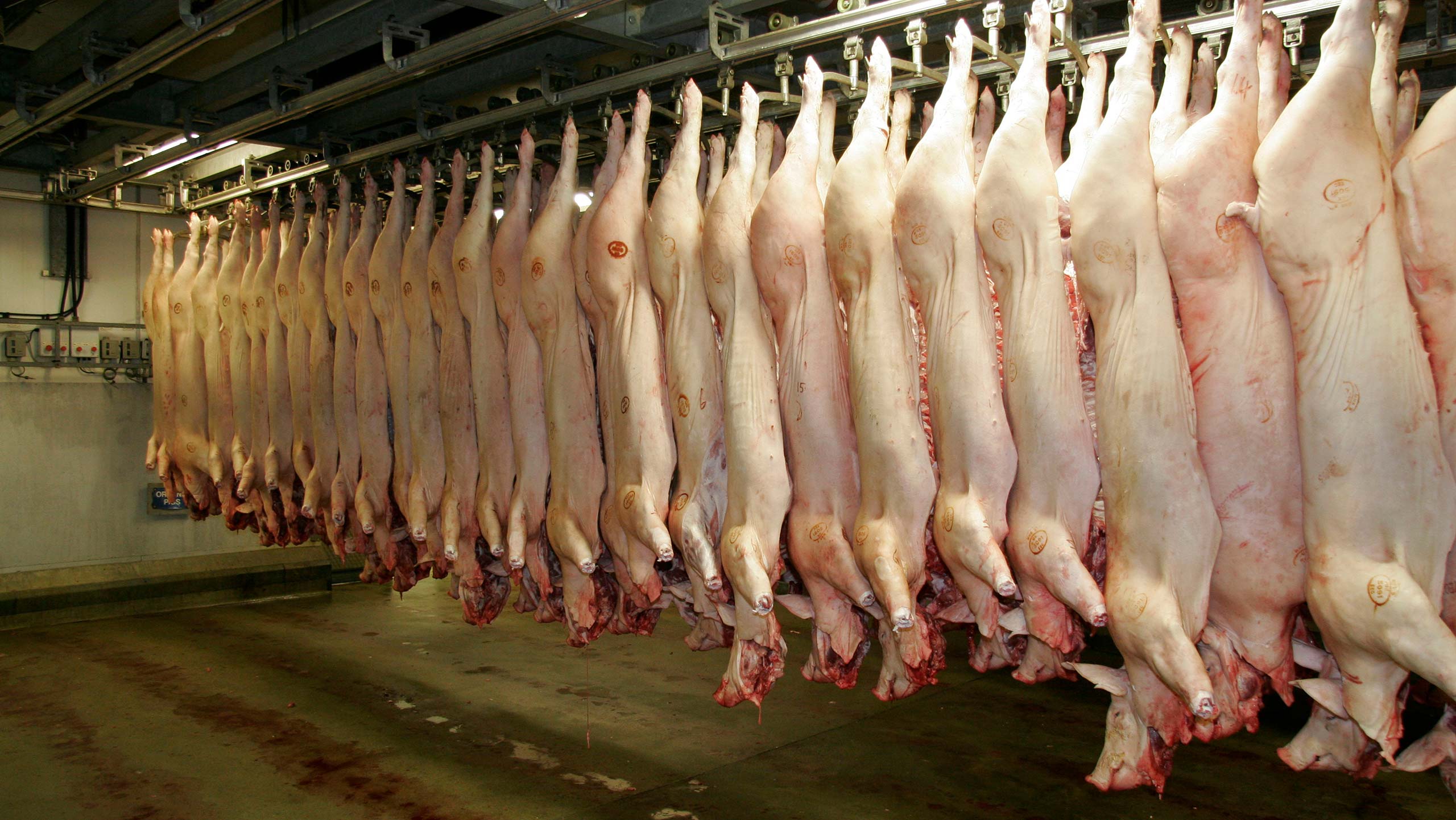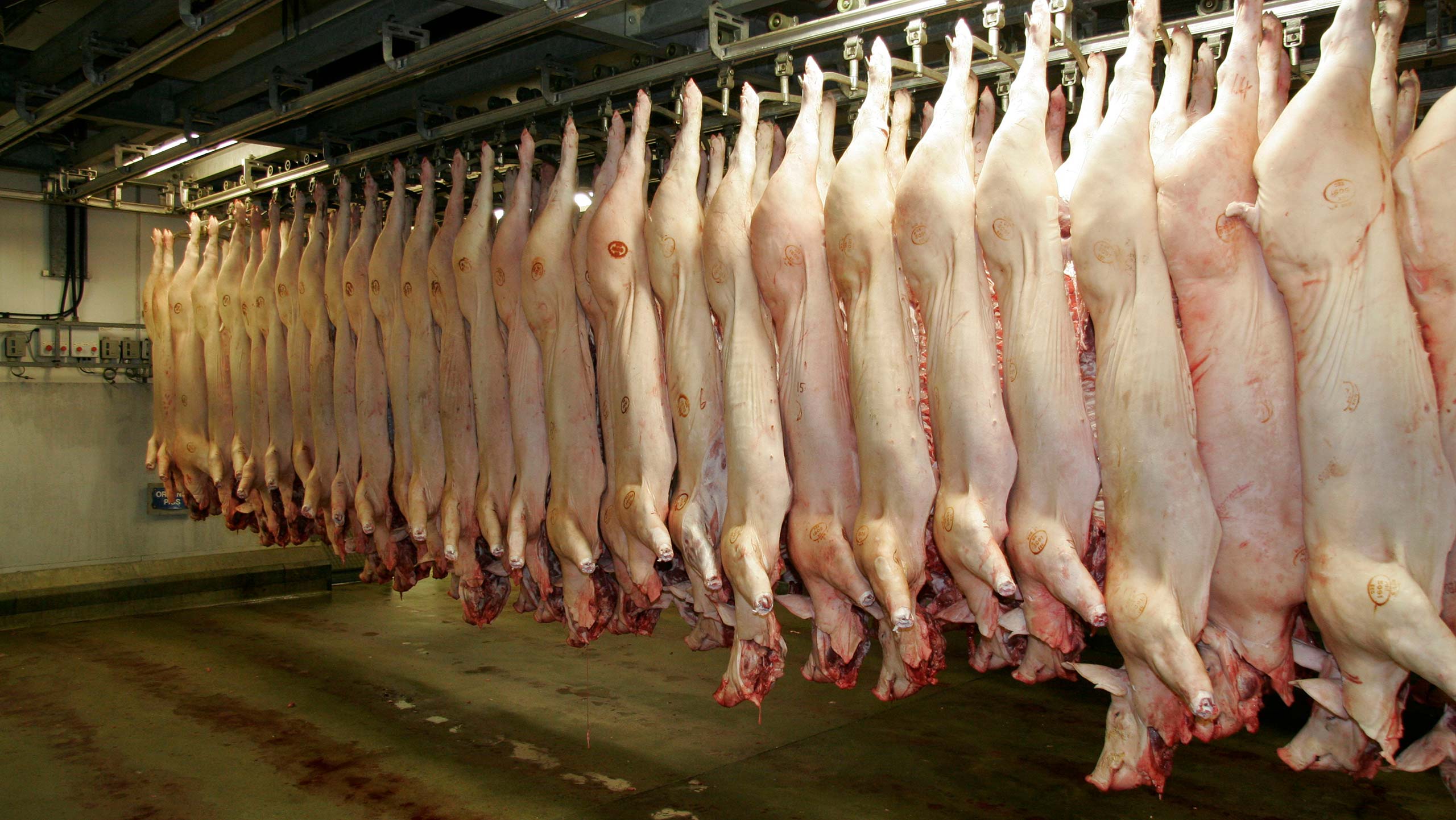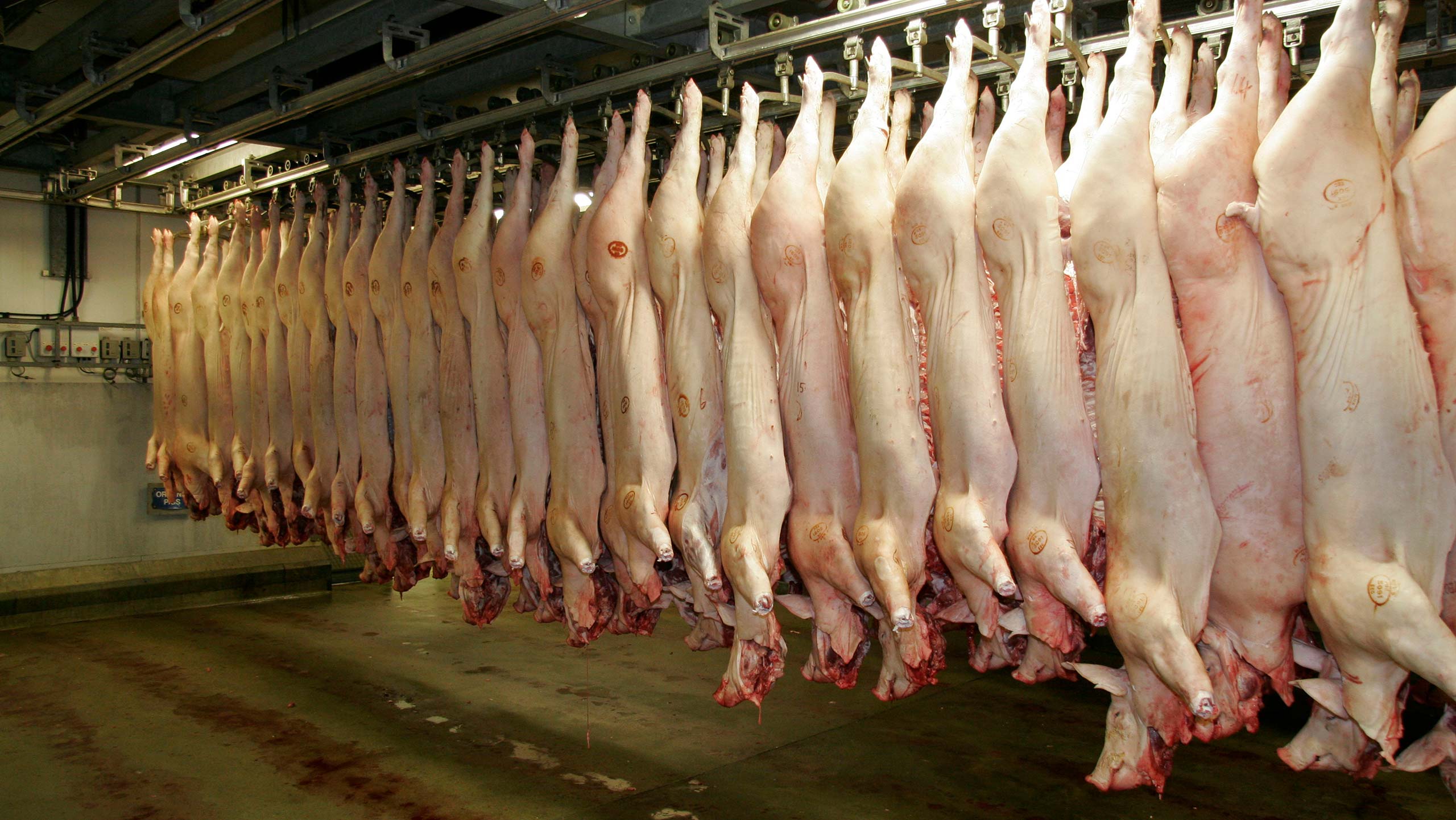When operating an abattoir, maintaining precise temperature control throughout your cold storage facilities isn't just about food safety compliance – it's about protecting your entire business from catastrophic financial losses. A single refrigeration failure can result in the loss of thousands of pounds worth of meat products, regulatory violations, and potential closure of your operations.
Understanding Abattoir Cold Storage Risks
Abattoirs face unique cold storage challenges that go far beyond typical food businesses. Your facility handles large volumes of fresh meat products that must be maintained at specific temperatures throughout the slaughter, processing, and storage cycle. The risks are substantial:
Refrigeration system failures can occur without warning, potentially affecting entire cold rooms filled with high-value carcasses and processed meat. Power outages, whether from grid failures or equipment malfunctions, can quickly compromise temperature integrity across your facility. Mechanical breakdowns of compressors, evaporators, or cooling systems can leave you scrambling to find emergency solutions while your stock deteriorates.
Temperature fluctuations, even brief ones, can render meat products unsaleable and create food safety violations that trigger regulatory investigations. Contamination risks increase significantly when cold storage systems fail, potentially affecting not just current stock but your facility's approval status with food safety authorities.
Essential Cold Storage Insurance Coverage
Stock and Contents Protection
Stock and Contents Protection forms the foundation of abattoir cold storage insurance. This covers the value of meat products lost due to refrigeration failures, including whole carcasses, primal cuts, and processed meat products. Coverage should reflect the full replacement value of your typical cold storage inventory, accounting for seasonal variations in stock levels.
Refrigeration Equipment Coverage
Refrigeration Equipment Coverage protects your substantial investment in cold storage infrastructure. Modern abattoir refrigeration systems represent significant capital expenditure, and coverage should include compressors, evaporators, control systems, backup generators, and monitoring equipment. This coverage ensures you can quickly restore temperature control without depleting working capital.
Business Interruption Protection
Business Interruption Protection becomes critical when cold storage failures force operational shutdowns. This coverage compensates for lost revenue during the period needed to restore refrigeration systems and replace contaminated stock. For abattoirs, even short interruptions can have extended consequences as you rebuild customer confidence and regulatory standing.
Spoilage Coverage
Spoilage Coverage specifically addresses the unique risks of meat deterioration. This should cover not only obvious spoilage from complete refrigeration failure but also products that become unsaleable due to temperature fluctuations, even if they appear undamaged.
Regulatory and Compliance Considerations
Abattoirs operate under strict regulatory oversight from the Food Standards Agency and local authorities. Cold storage insurance must account for the regulatory implications of temperature control failures. Coverage should include costs associated with regulatory investigations, potential fines, and the expenses of demonstrating compliance restoration.
HACCP compliance requirements mean that temperature control failures can trigger comprehensive reviews of your food safety management systems. Insurance should cover the costs of emergency HACCP assessments, additional testing, and any required system modifications to regain regulatory approval.
Traceability obligations in meat processing mean that cold storage failures can affect products already distributed to customers. Coverage should extend to recall costs and potential liability claims from customers who received products from affected batches.
Emergency Response and Mitigation
Effective abattoir cold storage insurance includes emergency response provisions. This covers the costs of emergency refrigeration equipment rental, expedited repairs outside normal business hours, and emergency stock relocation to alternative cold storage facilities.
Temperature monitoring system failures can be as problematic as actual refrigeration failures, as they leave you unable to demonstrate continuous temperature control. Coverage should include monitoring equipment replacement and the costs of manual temperature recording during system restoration.
Emergency power solutions, including generator rental and fuel costs, should be covered when primary power failures threaten cold storage integrity. For abattoirs processing large volumes, these emergency measures can be extremely expensive but essential for minimizing losses.
Specialized Abattoir Considerations
Different areas of your abattoir have varying temperature requirements and risk profiles. Hanging rooms, cutting halls, and packaging areas each require specific temperature ranges, and insurance coverage should reflect these different zones and their associated risks.
Seasonal variations in throughput mean your cold storage insurance needs fluctuate throughout the year. Coverage should be flexible enough to accommodate peak processing periods when cold storage facilities operate at maximum capacity.
Multi-species processing creates additional complexity, as different meat types may have varying temperature requirements and contamination risks. Insurance coverage should account for the potential for cross-contamination between species during cold storage failures.
Choosing the Right Coverage Level
Calculating appropriate coverage requires careful assessment of your maximum cold storage capacity and typical stock values. Consider not just the volume of meat you can store, but the varying values of different cuts and processed products. Prime cuts and specialty products represent significantly higher values per unit than basic carcasses.
Seasonal peak planning ensures your coverage remains adequate during busy periods. Many abattoirs experience significant seasonal variations, particularly around religious festivals or holiday periods when processing volumes increase substantially.
Replacement cost versus actual value coverage makes a significant difference in claim settlements. Replacement cost coverage ensures you can purchase equivalent products at current market prices, while actual value coverage may leave you undercompensated due to depreciation calculations.
Risk Management and Prevention
While insurance provides essential financial protection, implementing robust risk management practices can help prevent cold storage failures and potentially reduce insurance premiums. Regular maintenance schedules for refrigeration equipment, backup power systems, and comprehensive temperature monitoring all demonstrate your commitment to risk reduction.
Staff training on emergency procedures ensures rapid response to temperature control issues. Your team should know how to quickly identify problems, implement emergency measures, and contact both insurance providers and emergency repair services.
Documentation systems that maintain detailed temperature records and equipment maintenance logs not only support regulatory compliance but also facilitate insurance claims processing when problems do occur.
Working with Insurance Providers
Choosing an insurance provider with specific experience in abattoir operations ensures they understand your unique risks and regulatory requirements. Providers familiar with meat processing can offer more appropriate coverage options and more efficient claims handling.
Regular coverage reviews help ensure your insurance keeps pace with business growth, equipment upgrades, and changing regulatory requirements. Annual reviews should assess both coverage levels and policy terms to maintain optimal protection.
Claims procedures should be clearly understood before you need them. Know exactly who to contact, what documentation is required, and what emergency measures you can implement without compromising your claim.
Cost Considerations and Value
Abattoir cold storage insurance premiums reflect the high-value, high-risk nature of meat processing operations. However, the cost of adequate coverage is minimal compared to the potential losses from uninsured refrigeration failures.
Deductible levels should balance premium costs with your ability to absorb smaller losses. Higher deductibles reduce premiums but increase your financial exposure to minor incidents.
Multi-policy discounts may be available when combining cold storage coverage with other essential abattoir insurance, including public liability, employers' liability, and professional indemnity coverage.
Conclusion
Cold storage insurance represents essential protection for abattoir operations, where refrigeration failures can quickly escalate from equipment problems to business-threatening disasters. The combination of high-value stock, strict regulatory requirements, and complex temperature control systems creates unique risks that require specialized insurance coverage.
Investing in comprehensive cold storage insurance provides not just financial protection but peace of mind that allows you to focus on efficient meat processing operations. With proper coverage in place, you can operate confidently knowing that refrigeration failures won't compromise your business's future.
The key to effective protection lies in working with insurance providers who understand abattoir operations and can tailor coverage to your specific needs, risk profile, and regulatory environment. Don't let inadequate cold storage insurance put your abattoir operation at risk – ensure you have the comprehensive protection your business requires.


 0330 127 2333
0330 127 2333
